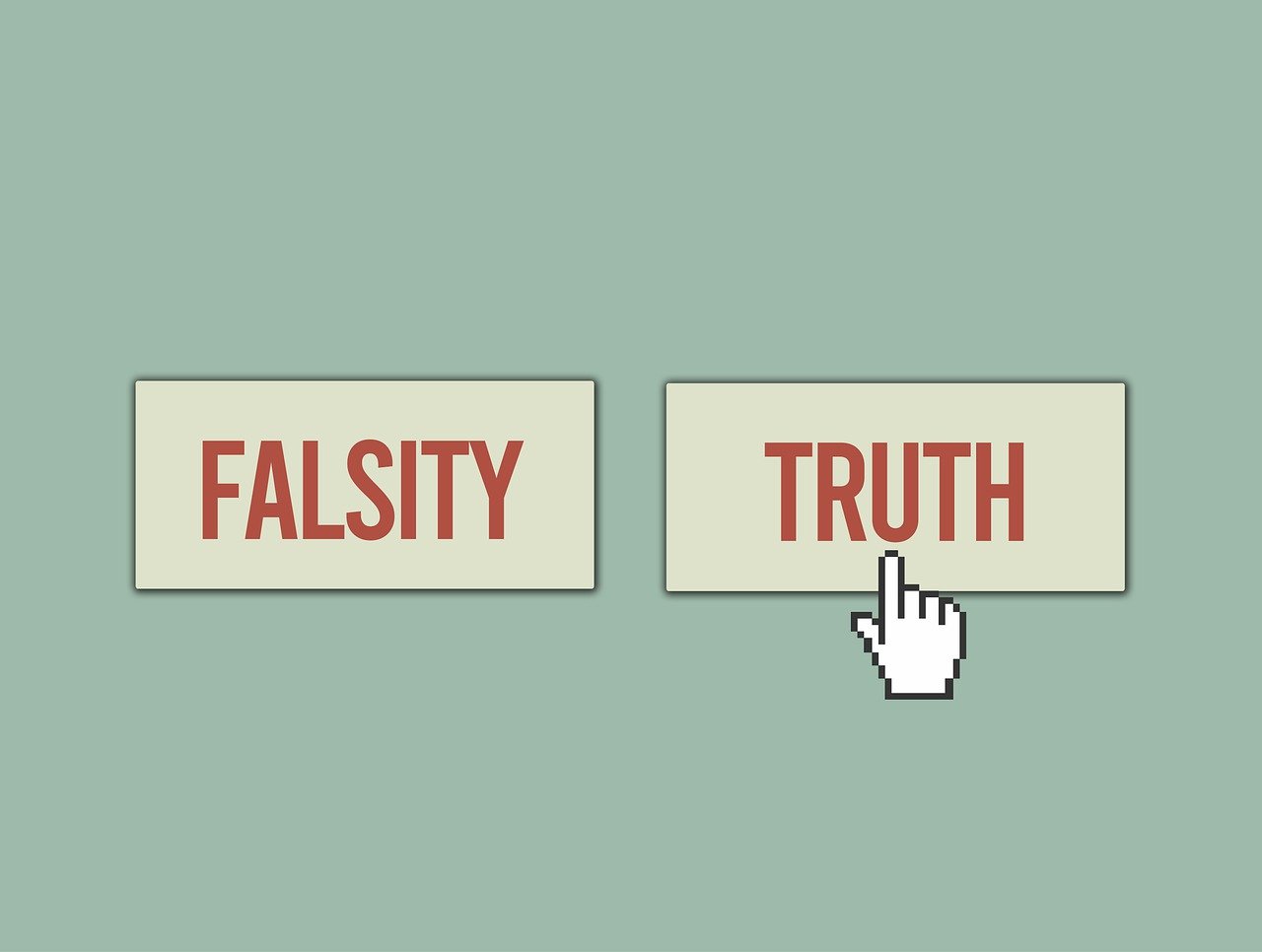Who knows your industry? If the answer isn’t you, then you have made a critical mistake as both an entrepreneur and business leader. Fortunately, you can rectify this mistake. It’s never too late. Knowing the ins and outs of your industry means not just knowing what your business can offer, but what other businesses can offer too. It means following trends, spotting patterns, and knowing every competitor, partner, or adjacent business as well. You need to have a good idea of not just the players on your team, but of the entire playing field. Often times, this is easier said than done; but in this article we will walk you through the importance of getting to know your industry. We’ll walk you through some of the statistics and logistics that you need to know and teach ways that you can learn from and about those around you.
Who Needs to Know Your Industry?
Let’s start with who. This question can have many answers, and depending on the size and scale of your business it will have different answers. Anyone within your company who deals with marketing, sales, or anything to do with “big picture” decisions needs to have a firm understanding of the industry around them. When it comes to marketing and sales, it is especially pertinent that they have a firm understanding of your competitors. You need to understand not just what you offer that they can’t but also what they offer that you can’t. When getting to know the industry around you, you must keep an open mind and assess your weaknesses in it as well as your strengths. Make sure that the key members of your team are all trained in and given the time to research your industry on a local, national, and (if your business is large enough) global scale. Let them see what they can learn from the goings on of competitors, supplies, and stores that may have an impact on your daily operations.
Where Can You Learn?
This brings you to an important question that you might have already found yourself asking. “How am I supposed to learn all of this stuff?”. This is a great question to ask and for many it can be a big hurdle to understanding their industry. For most small businesses, there is no Forbes list that will cover the storefront you compete with across the street. Most news articles will cover the basics, but are unlikely to dive into a deep understanding of your industry. So, where do you start?
When trying to understand your competitors, the best place to start is by viewing what they put out before the public eye. What are they saying about themselves via ads, on social media, or through any kind of photo or video marketing material? This won’t give you the nitty gritty of how they run their business, but it will clue you into their competitive advantages within the industry.
At the same time, it is important to understand your industry on a larger scale. You may not compete with regional or national companies, but it is a good idea to understand the goings on of those organizations as well. This is where magazines, seminars, articles, and the like can come in handy. It is easier to access information about national trends and shifts than it typically is to get that same information on a smaller and more isolated scale.
Who Are You Guiding?
Now, it’s likely that your team doesn’t have unlimited time to spend on getting to know their competitors, reading articles, or browsing an industry’s social media. There is work to be done, and not everyone will have the time or energy to seek these things out on their own. As a leader, it is important that you take the time to guide others. Partially, this looks like giving your team time to do research when necessary. It also looks like sharing information that you have learned. As business leader, you will find yourself privy to opportunities and conversations that your employees won’t be. It is your duty to build up your team’s knowledge by sharing what you know with them.
The other side of this coin is a great marketing strategy, and that is to inform your customers and audience about your industry and what’s going on within it. Social Media is a highly effective tool for this type of strategy, allowing you to share and interact with people who have an interest in what you’re doing but who may not be caught up on the specifics. Live videos, Q&As, and articles can be a great way to share with your customers what’s happening in the industry and how your business is adapting to that. For most businesses, this is a great way to show of your competitive edge and to explain what your company does to set itself apart without the audience feeling like they’re being pandered or sold to.
What is Your Niche in Your Industry?
Becoming an expert on your industry is a great way to understand the competition, trends that may affect your operations, and a variety of other variables that impact the world you work in. It is also a great way to understand what your specific role is within that industry. Understanding the needs and vacuums within your industry allows you to tailor your business to meet them. If your competitors are avoiding certain products and services, you can fill that void, cut the average price, or learn why that product or service doesn’t seem to have a market impact.
Taking the time to tailor your business to the needs of the community and industry can cause growing pains, but these are often necessary for your business to reach its full potential. You’ll come out the other side of these pains with a greater understanding of your field, your business’ strengths and weaknesses, and the role that your business plays in the greater landscape.
Conclusion
Knowing your industry is just as important as knowing your business. A great leadership team will have people from a variety of backgrounds and departments equipped with knowledge about your industry. This lets your team assess and adapt to threats and opportunities that may not be readily seen. Take the time to research financial, demographic, and commercial trends growing within your industry. Take the time to read articles, view your competitor’s marketing materials, and browse reliable sources of information on the web for knowledge and tools that can help your business find its niche within the industry and succeed in ways you never thought possible.
Featured Image:
Image by MustangJoe from Pixabay




















